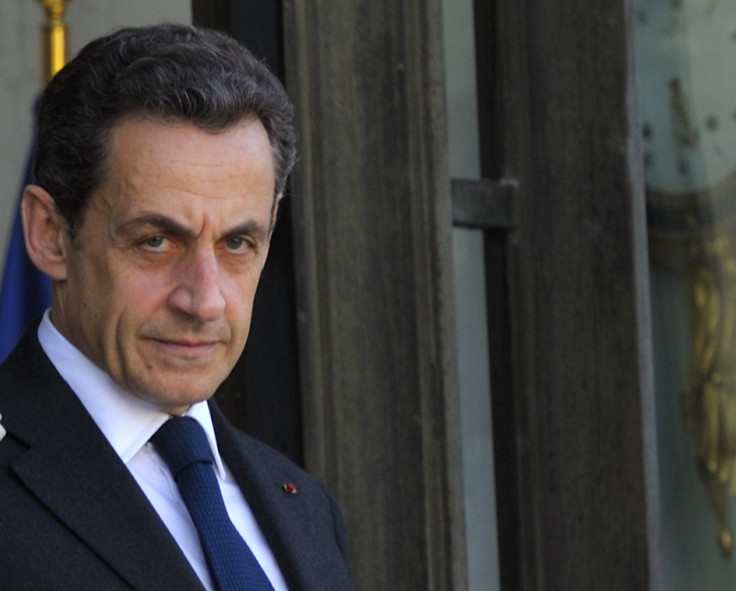As France’s UMP Party Crumbles, Sarkozy Saves The Day

A political crisis that threw France’s center-right opposition party into disarray last week is still without a resolution, though recent hints of a compromise between warring factions may point to a light at the end of this long tunnel.
On Nov. 19, the Union for a Popular Movement – the moderately conservative party of former French President Nicolas Sarkozy – held a national election to decide on its new party leader. Two men with very different visions went toe to toe: On the far right was Jean-François Copé, an ardent nationalist whose comments in defense of France’s white population have veered into offensive territory on numerous occasions. Taking the more centrist stance was François Fillon, an august former prime minister who has plenty of political experience but little charisma.
By mere pencil-shavings of a percent, Copé won the internal UMP election. By the time the formal announcement was made, the sun had set. Both men had claimed victory at different times on that tumultuous Monday.
Once it was confirmed by electoral officials that Copé had won, Fillon filed an appeal with UMP authorities. He got one; the results did not change.
“Our party is in turmoil, it's at a dead end," declared Fillon, according to the Wall Street Journal. "The party's appeals board can declare whatever it wants; its verdict is anyway discredited. The only solution that is wise, efficient and democratic is a new vote.”
Copé held tight to his hard-fought victory, denouncing Fillon for dragging the process on too long. “We can't call a new vote just because the one who lost launched an ultimatum,” he said.
But after heated discussions on Tuesday, there are indications that Copé may in fact agree to hold a new poll – not a redo, but referendum that would ask UMP voters whether a revote should occur. Both camps in this dispute have been hammering out a negotiation on that front, led by none other than Sarkozy, who was voted out of office this spring.
Still unresolved are several details, such as whether Copé could retain his post while the referendum progresses – so far, he refuses to step down. Meanwhile, Fillon has threatened to form a splinter group called UMP Rally, which could steal a sizeable chunk of moderates from the UMP’s ranks.
At this point, the argument may look like petty infighting. But the stakes are high, since the party leader stands a good chance of standing for the presidential election in 2017. As the main opposition party, UMP stands more than a fighting chance.
Current President Francois Hollande beat the incumbent Sarkozy in May elections, and his Socialist party swept the parliament as well. But since taking office, France’s economic woes have not abated and Hollande’s popularity has been declining. A November Ifop poll found that the president’s approval rating has slipped to an all-time low of 41 percent since he took office.
That’s great news for anyone hoping to challenge Hollande in 2017 – but Copé and Fillon might not be the only UMP figures vying for the top seat.
Sarkozy was the clear hero in Tuesday’s UMP negotiations, and there are rumors the former president – who has served only one term – may run again in five years. Though he is mired in corruption charges and has been absent from the political arena in recent months, he is well-beloved by many of his former constituents. Both Copé and Fillon invoked his image frequently in their bitter campaigns against each other. And after Tuesday, some UMP officials were waxing nostalgic for their old leading man.
"Nicolas Sarkozy's intervention was decisive,” said UMP Deputy Jerome Chartier, according to the Telegraph. “Finally things are moving. A conversation has started and it's moving in the right direction.”
Sarkozy himself is keeping quiet. But as he UMP falls apart without him, the former president’s most ardent supporters are hoping he’ll take the limelight once again in 2017.
© Copyright IBTimes 2024. All rights reserved.






















